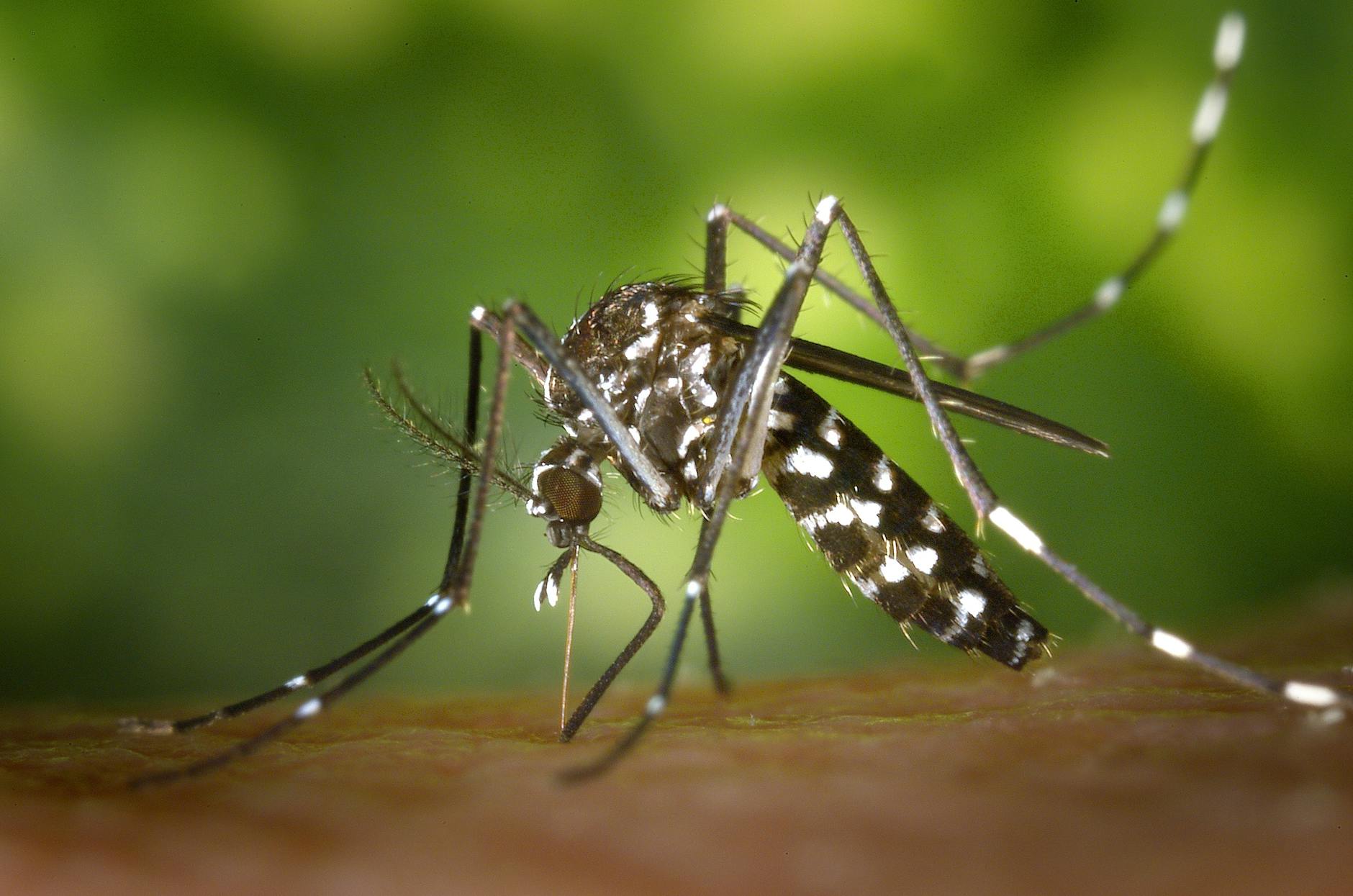The Centers for Disease Control and Prevention (CDC) has issued a travel advisory due to an outbreak of Chikungunya, a mosquito-borne virus that has been detected in the city of Foshan and surrounding areas. Chikungunya is spread by infected mosquitoes and typically causes fever, joint pain, muscle aches, and fatigue. While most people recover within a week, some may experience lingering joint discomfort that can last for months. For older adults, individuals with chronic illnesses, and newborns, the virus can present more severe complications. The United States currently has two approved vaccines for Chikungunya, but there’s a lesser-known connection that’s worth exploring , especially for those who experience dizziness or balance issues following a viral illness.
When a Virus Leads to Dizziness: The Link to Vestibular Neuritis
Many people don’t realize that viral infections like Chikungunya can sometimes trigger vestibular neuritis. This condition is caused by inflammation of the vestibular nerve in the inner ear. This nerve plays a key role in maintaining balance, and when it’s affected, it can lead to sudden, intense vertigo, nausea, unsteadiness, and difficulty focusing the eyes. The onset is typically abrupt and may follow a viral illness. While Chikungunya is not the most common culprit, any virus that affects the body’s immune response can, in some cases, trigger this kind of inflammation.
Diagnosing Vestibular Neuritis
Vestibular neuritis is usually diagnosed through a clinical evaluation and perform tests that assess eye movements and balance. In some cases, imaging may be used to rule out other neurological issues.
Treatment and Recovery
Initial treatment focuses on managing symptoms, often through medications to reduce nausea and dizziness in the short term, but once the acute symptoms pass, vestibular rehabilitation therapy may be advised. This involves exercises that help the brain adapt to changes in balance and movement. Many people make a full recovery, although some may continue to experience low-grade dizziness or imbalance for several months. In rare cases, the symptoms can become persistent and interfere with daily life. When that happens, it’s important not to lose hope, there are still ways forward.
Regaining Control Over Persistent Dizziness
If you’ve been living with lingering dizziness after a viral illness, you’re not alone. It’s possible to feel like your world is spinning both literally and figuratively, but there is help. At Mind Wave Wellness, we specialize in supporting individuals dealing with chronic vestibular issues, guiding them through evidence-based approaches that restore confidence, balance, and peace of mind. To learn more, visit our services.







